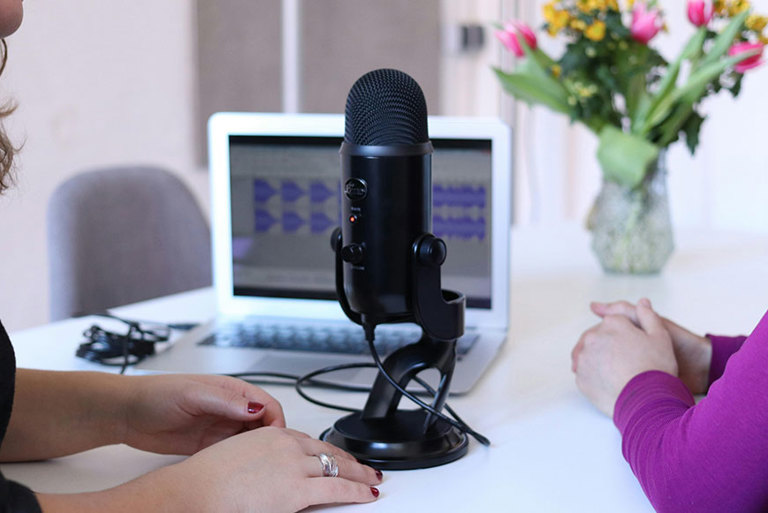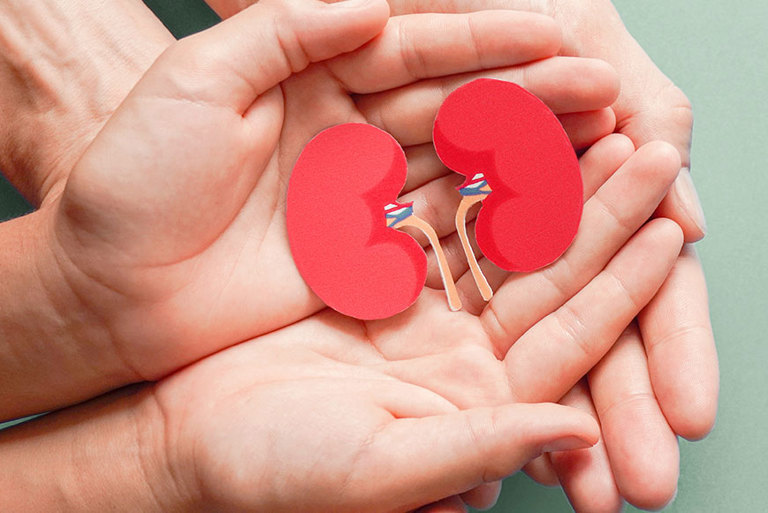Charity-Industry Partnership Case Study Library

Introduction
The ABPI supports partnerships across Health Charities and ABPI Members that deliver better experience and outcomes for patients.
The ABPI's Charity-Industry Partnership Case Study library has been developed to support building greater awareness and understanding of partnerships. The library hosts a collection of member case studies that showcase examples of the impact working together can achieve. This library will be expanded further with additional case studies as part of the ABPI's ongoing commitment to Patient and Public Involvement.
The ABPI and its member companies share a common belief in the power of partnerships as the best way to improve outcomes for patients, address healthcare challenges and support the delivery of sustainable NHS health and care across the UK.
Partnerships have taken place for many years. As a commitment to open, ethical ways of working, pharmaceutical companies publicly disclose the transfers of values made to healthcare professionals and organisations, patient groups, and certain members of the public. Values related to partnerships with patient organisations and certain members of public, including patients, are published on individual company websites, and signposted within www.disclosureuk.org.uk.
For more information on how to partner, visit Working together – a handbook for Industry and Patient Organisation Partnerships.
Note: All case studies have been reviewed by the relevant companies for factual accuracy.

The Knowledge Lab annual workshops, initiated by GSK in partnership with patient organisations such as Myeloma UK, The Eve Appeal, and Bowel Cancer UK, aimed to build meaningful partnerships and enhance the capabilities of oncology focused patient organisations.

The ‘One Immune Voice’ podcast series was a collaborative initiative between J&J and six Patient Organisations representing people with autoimmune and immune-mediated conditions.

To encourage the public to check their individual risk factors for kidney disease and to empower them to manage their kidney health.
